By Jeremy Green
Polish Prince Joseph Poniatowski, a great hero of Napoleonic legend, ultimately was a man without a country. Born on May 7, 1762, the prince at first enjoyed the luxurious life of a nobleman because of his ties to the ruling family of Poland. (His uncle, Stanislaus Poniatowski, ruled Poland as King Stanislaus II.) Readily adopting a military career, the prince joined the Imperial Army when Austria, one of Poland’s three patron states, declared war on Turkey in 1788. He won praise for his performance during the Battle of Sabac, in which for the first time—but hardly the last—he was wounded.
Recalled to Poland by his uncle, the prince was given the rank of major general and labored zealously to improve the national forces. The next year, when Poland was threatened by an armed intervention from Russia, Poniatowski was appointed commander of the Ukraine Division at Braclaw-on-Bug. When war broke out in earnest in May 1791, he became commander in chief of the Polish Army and took control of the effort to guard the banks of the Dniester and Dnieper Rivers. Aided by his able assistant, Thaddeus Kosciuszko, Poniatowski displayed great ability, conducting a brilliant fighting retreat and turning on his pursuers whenever they pressed too closely. At Polonna, he inflicted 3,000 losses on the Russians. Against an invading army four times as large as his own, the prince managed to defeat the Russians again at Zielence and Dubienka.
Poniatowski was organizing a last-ditch defense of Warsaw when word came that the king had agreed to an arbitrated peace. Under the Convention of Targovica, signed in 1793, Russia and Prussia divided Poland between them, and Stanislaus, the last Polish king, was overthrown. A year later, Polish nationalists revolted against the foreign dominators. Kosciuszko, who had recently returned from helping the Americans achieve victory over their British oppressors, now sought to destroy the European powers that had plundered his Polish homeland. During this time, Poniatowski took command of one of Kosciuszko’s divisions. The Poles, although at first successful, were decisively defeated at Maciejowice, and the wounded Kosciuszko was taken prisoner. Poniatowski made his way to Warsaw, where he was determined to withstand Marshal Alexander Suvorov’s Russian legions.
The Poles in Praga, on the other side of the Vistula River, fortified themselves and arranged 100 cannons overlooking the bridge. This awesome array of artillery, however, did not prevent the indomitable Suvorov and his massive Russian columns from driving the Poles back across the bridge, which soon collapsed from the tremendous weight of the crowds of people, soldiers and civilians, seeking to escape across it. Thousands of Polish patriots perished in the swirling currents of the river beneath them. Those who survived were struck down by Cossack lances. Over 11,000 bodies of men, women, and children lay dead in the streets of Praga and along the banks of the Vistula.

After Warsaw fell, a disheartened Poniatowski traveled to Vienna. Although the Russian Czarina Catherine the Great, the former lover and patron of King Stanislaus, tried to convince Poniatowski to return to Poland as her personal representative, the unhappy memories of his homeland being divided like a carcass among wild animals still burned in Poniatowski’s heart, and he continued to spurn her offers.
Napoleon’s victory over the Russians at Friedland in June 1807 opened a new world of possibilities for Poniatowski. Prussia was forced to cede her Polish territory under the Tilsit Agreement, and Poland, now under French protection, became the Grand Duchy of Warsaw. Poniatowski became the duchy’s new minister of war. In 1809, Austria renewed the war with Napoleon, and an army of 30,000 Austrians marched forth to liberate Germany from French control, once again destroying any hopes of Polish independence. The Duchy of Warsaw was drawn into the fighting on the side of the emperor. Against the formidable Austrian army, Poniatowski surprised the Austrians near Gallicia and captured 1,500 prisoners. For the time being, Poland was free of Austrian control.
As Napoleon moved more troops into Austria, the Austrian army in Poland, under Archduke Ferdinand, was recalled to Austria to meet the increased French onslaught. Meanwhile, Napoleon rushed to the front to take command of the Grande Armée. In a series of brilliant strokes, the French crossed the Danube River and inflicted heavy losses on the Austrians under Archduke Charles. In July 1809 the French forces, led by Marshals Andre Massena and Louis Davout and General Jacques Macdonald, smashed the Austrian army at Wagram, inflicting nearly 43,000 casualties on their opponents and forcing the Austrians once again to the treaty table. Napoleon had near-total control of central Europe.
After Napoleon’s victory at Wagram, the French emperor rewarded his loyal Polish minister of war with an increase of territory and inhabitants. Slowly, Napoleon was restoring all of Poland. Yet the emperor was hesitant to arouse the anger of Czar Alexander I of Russia, who feared the rebirth of Polish nationalism. The mutual distrust between Napoleon and Alexander led to renewed hostilities in the spring of 1812. Napoleon mustered a half million men in Poland for the conquest of Russia. Initially, Poniatowski opposed the expedition. But Napoleon was determined to put an end to Alexander’s treachery, and Poniatowski conceded and supported the emperor with 40,000 Poles, which became the V Corps in Napoleon’s Grande Armée. Years later, in exile at St. Helena, Napoleon explained his calamitous decision to invade Russia. “I wanted,” he said, “to establish a barrier against [the Russians] by restoring the Kingdom of Poland and putting Poniatowski at its head as king.”
During the ensuing campaign, Poniatowski again distinguished himself as the head of his beloved Polish troops at the Battles of Smolensk and Borodino. The prince had witnessed the degradation of his country by Russian power, the sacking of his capital by Russian barbarians, and the butchery of its women and children by Russian soldiers. Now the day of vengeance had come. However, Poniatowski remained a cautious and controlled commander of his forces. Count Phillipe De Segur, Napoleon’s aide-de-camp during the Russian expedition, recalled that Napoleon “listened to the words of Poniatowski who was as frank and wise in counsel as he was brave in battle.”

Despite a series of victories, the French were drawn deeper and deeper into the vast Russian homeland. As usual, the best Russian commander was “General Winter.” The brutal cold, together with the attrition from battle losses and the sheer physical exhaustion caused by the long march into Russia, sapped the French army, and Napoleon fell back after burning Moscow. The subsequent retreat quickly became a military and logistical nightmare. Hounded by Russian hit-and-run attacks on its flanks and rear, the Grande Armée suffered cruelly. By the time the last French soldier had left Russian soil—legend has it that it was Marshal Michel Ney—Napoleon’s once magnificent army had been reduced to some 10,000 starving stragglers. In all, the emperor lost nearly 400,000 troops, 175,000 horses, and 1,000 pieces of artillery—along with his reputation for infallibility.
His soldiers fought courageously but suffered the rigors of the retreat alongside the French, and Poniatowski had only 800 men under arms left when the retreating army returned to Smolensk. The militarily astute prince had realized early on that a complete victory over the Russians would be nearly impossible to achieve. During the subsequent campaign, Poniatowski nevertheless contributed magnificently to Napoleon’s victory over General Mikhail Kutosov at Borodino and would not desert his French benefactor even as the retreating Grande Armée collapsed all around him. The spring of 1813 would find the loyal Pole ready to take up arms once again on behalf of Napoleon.
In 1813, Napoleon stood at bay, hounded on all sides by ravening enemies who smelled blood and sensed victory. The Prussians, who had agreed in the Treaty of Tilsit to support Napoleon against the Russians, had done little to help in that misbegotten campaign. They now revolted and joined hands with Russia, Great Britain, and Sweden in a new coalition to break the French grip on Europe.
Once again, Napoleon raised a new army with remarkable speed and moved into the Elbe Valley. Poniatowski and the V Corps were given the task of guarding the passes through the Bohemian mountains and defending the left bank of the Elbe River. Meanwhile, Napoleon defeated the allies at Lutzen, Bautzen, and Dresden, but could not succeed in crushing them totally. Napoleon’s subordinates, without his uncanny genius in battle, were badly defeated at Grossbeeren, Katzbach, and Kulm. The emperor turned to his old standby, Poniatowski, and gave him command of the VIII Corps of the dwindling Grande Armée.
The great Battle of the Nations, also known as Leipzig, took place from October 16 to October 19. Against Napoleon’s 200,000 men stood 300,000 Russians, Prussians, Austrians, and Swedes. Poniatowski’s 7,000 men composed the right wing of Napoleon’s position at Leipzig. The first day of battle cost the French 25,000 men and the allies 37,000. Yet the French held their lines, and Poniatowski, for fearlessly holding his ground on the battlefield against repeated enemy onslaughts, was awarded the French marshal’s baton by the emperor. He would not have long to enjoy the honor.

At 9 o’clock on October 18, the last agonizing day of the Battle of the Nations began near Leipzig. Nearly half a million men engaged in mortal combat, and nearly 2,000 cannons belched fire and smoke that ripped across the battlefield. Clouds of dust filled the air. Amid the roar of the artillery could be heard the shrill neighing of thousands of horses, the faint strains of martial music, the hearty cheers of advancing columns, and the pathetic cries of the ghastly wounded. Poniatowski distinguished himself again and again, firmly holding his position against the united attacks of superior enemy artillery, cavalry, and infantry. From dawn to nightfall, the Polish troops clung tenaciously to their position. Napoleon, however, realized that he was beaten and gave orders for an evacuation over the Elster River.
The impossible task of acting as rear guard to cover the retreat was assigned to Napoleon’s newest marshal. As Napoleon prepared to leave Leipzig, he turned to Poniatowski. “You will defend the suburb of the south,” he said. “Sire,” replied the prince, “I have very few men.” Napoleon countered, “You will defend it with those you have.” “We will remain,” said Poniatowski. “We are all ready to die for Your Majesty.” Deeply moved by the words, Napoleon tearfully embraced Poniatowski and then departed, scant hours ahead of the enemy.
The retreat began during the early morning hours of October 19. By early afternoon, the allies were attacking with such force that the French officer responsible for demolishing the Elster bridge panicked and blew up the span while it was still crowded with French troops. Poniatowski and his rear guard were cut off from the rest of the army and in danger of being swallowed up by the allies. Faced with the overwhelming onslaught of enemy forces, Poniatowski addressed his men for the last time. “Gentlemen,” he said, “here we must fall with honor.”
With sword uplifted and a small band of brave followers around him, the new marshal charged into the mass of enemy soldiers before him. Although severely wounded, Poniatowski managed to summon the strength to prevent the allies from capturing his men as they swam across the river to join their comrades. Finally, when loss of blood would no longer permit him to hold his sword, Poniatowski vaulted onto his horse and charged into the churning waters of the river. As his horse struggled up the steep opposite bank, the earth gave way, causing the horse to fall back on its rider. Too weak from his various wounds to swim, Poniatowski disappeared into the water and never rose again. His body was found five days later.
According to General Anne-Jean Savary, Napoleon’s minister of police, “It was impossible to be more brave than was this prince: impetuous, magnanimous, and always amiable, he was as much esteemed by those against whom he combated, as regretted by the party whom he served.” The allies staged a magnificent funeral for the fallen leader, whose family they had driven from the throne and whose country they had divided and plundered. The prince’s followers, who had battled by his side to the last, pressed in silence around the coffin with tears streaming down their faces, as they gazed upon the last of the royal line, the only hope of Poland. “Poniatowski,” said Napoleon, “was a noble character, full of honor and bravery.”
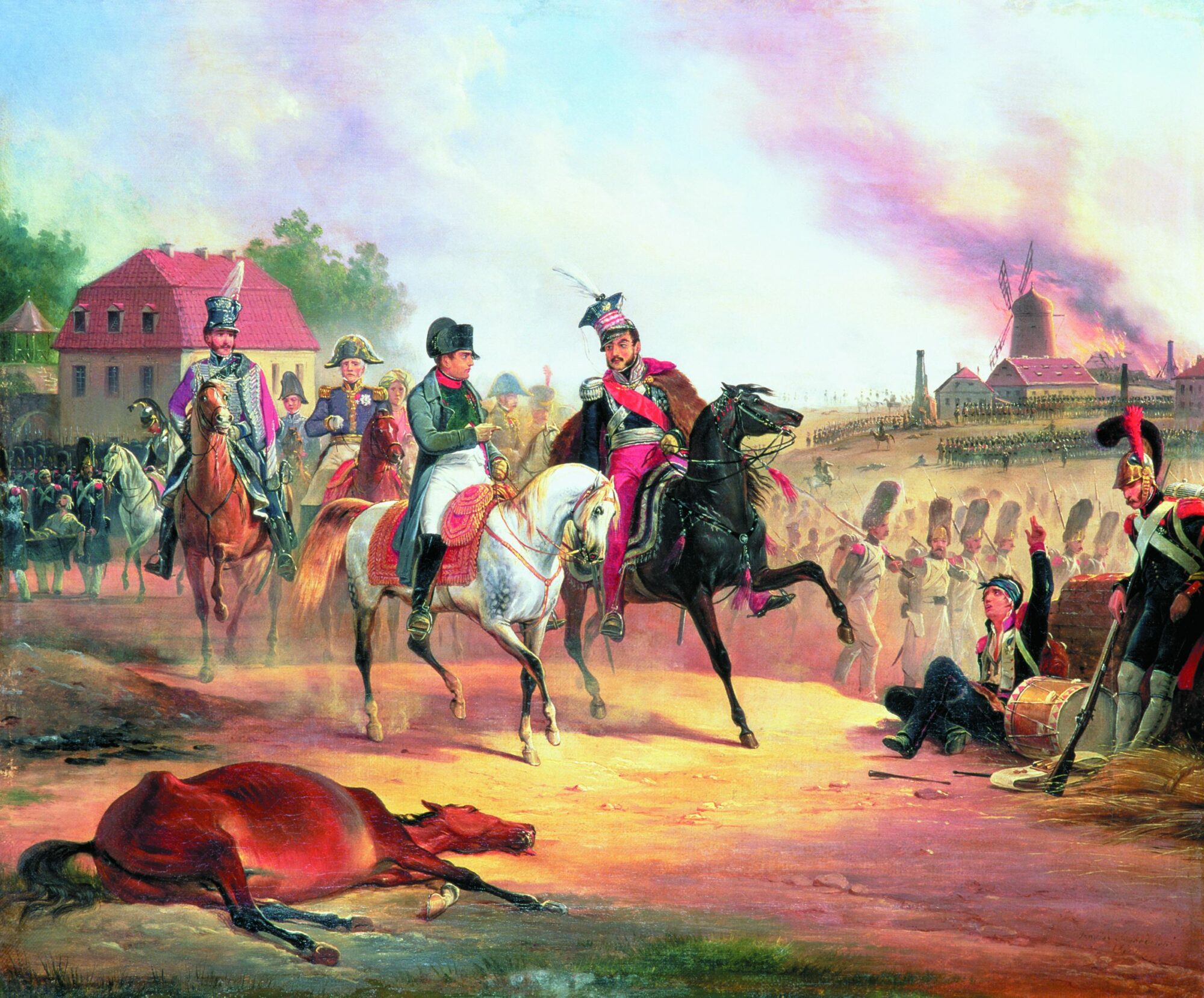
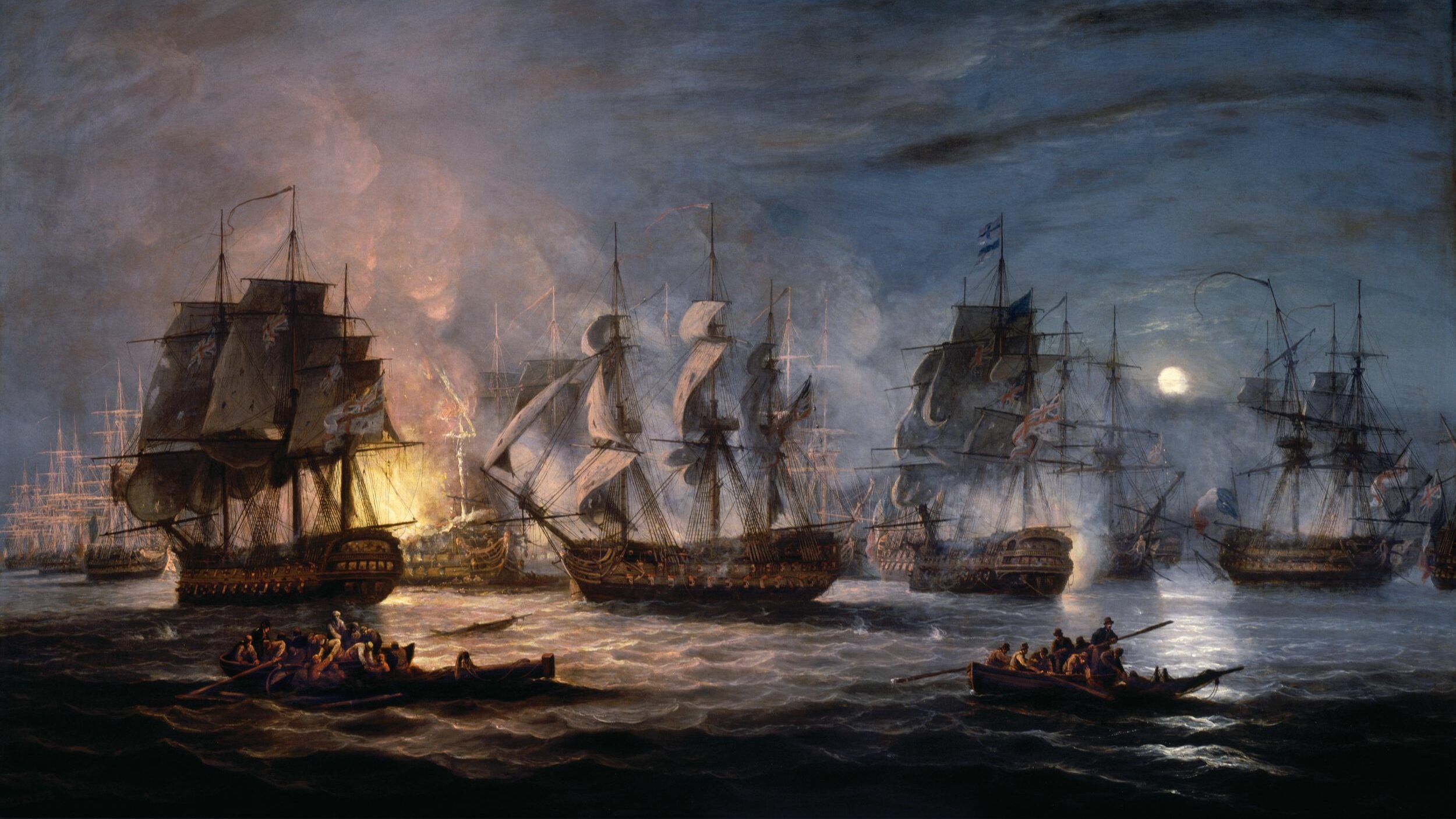

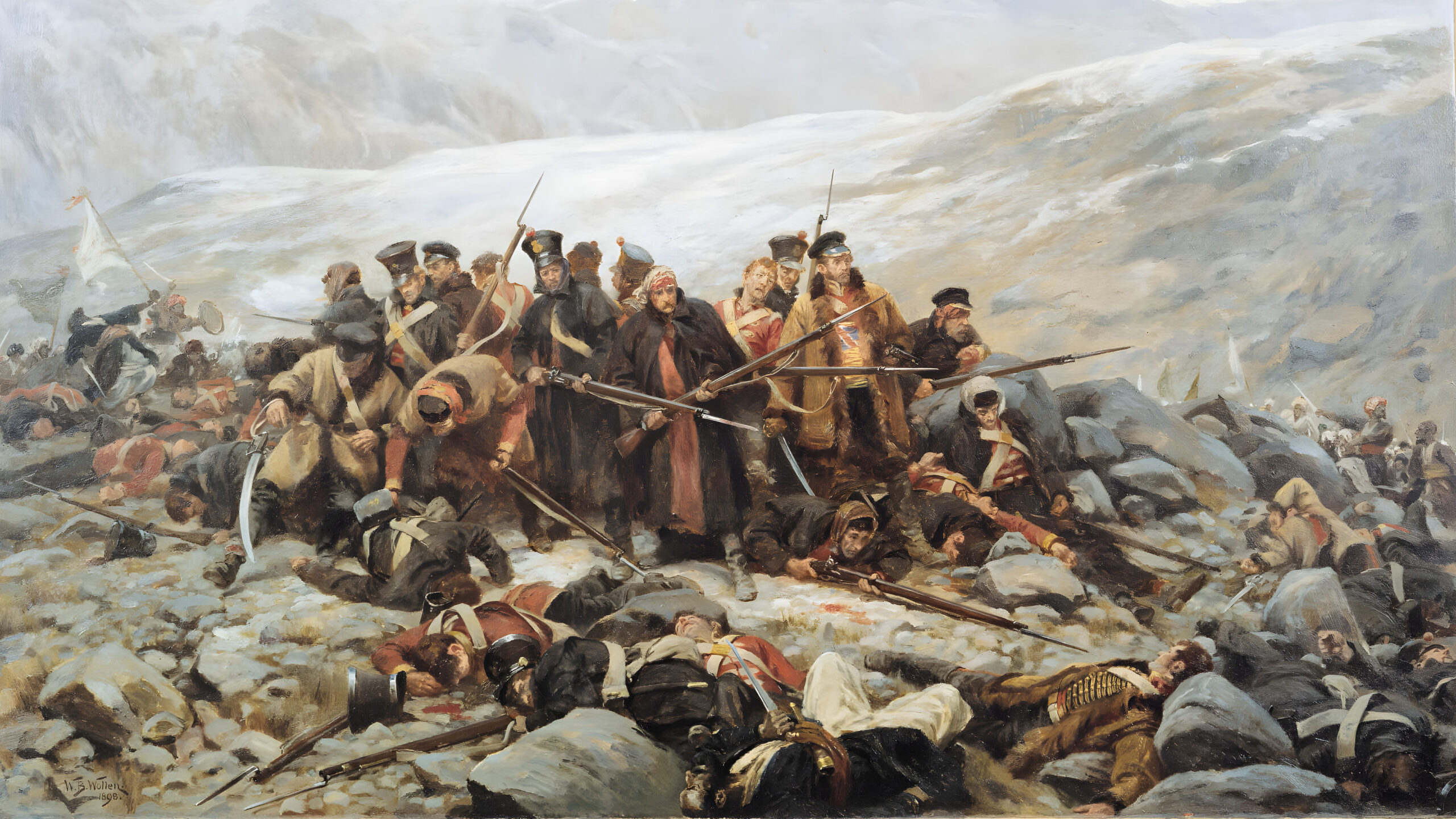
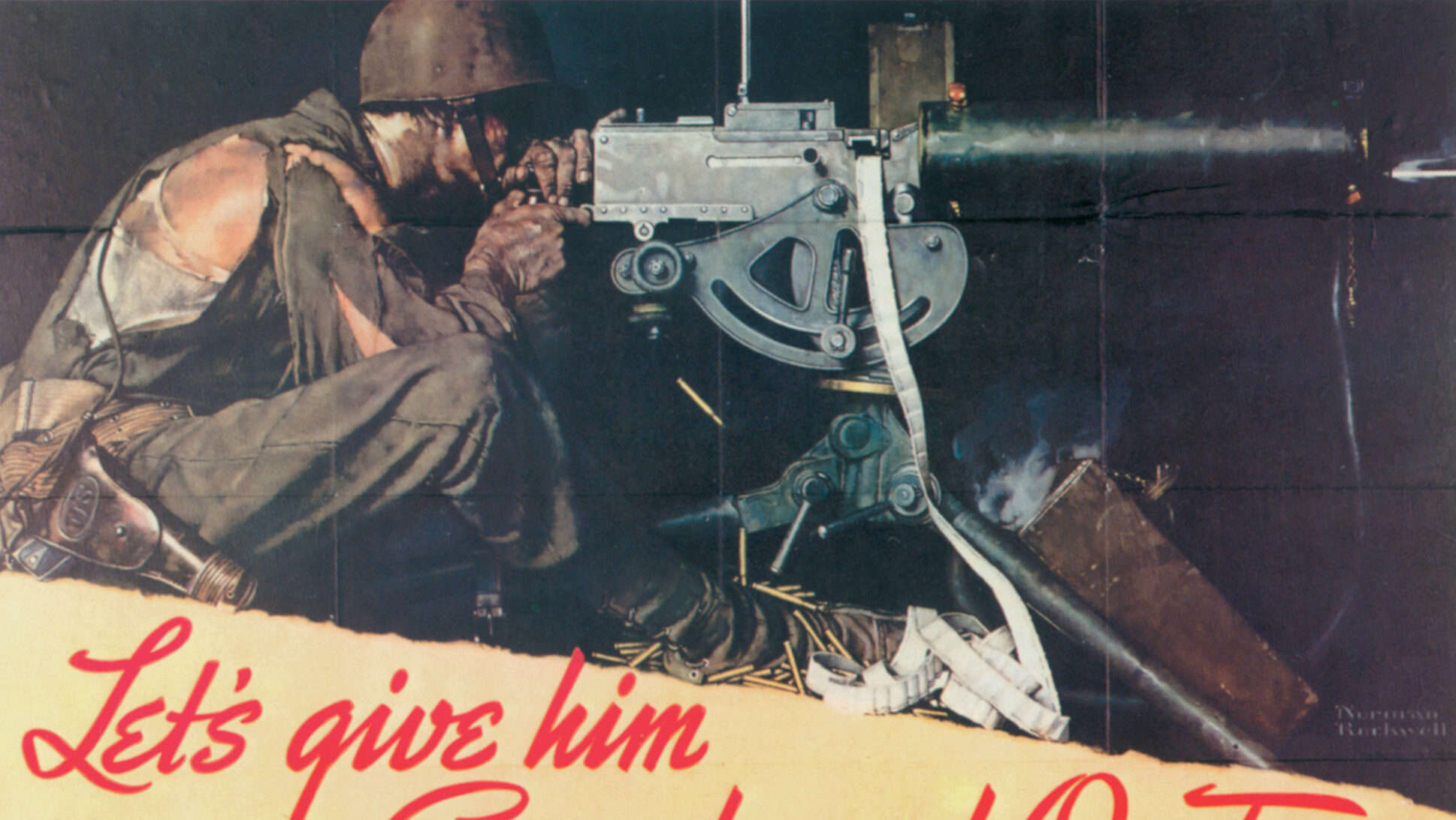
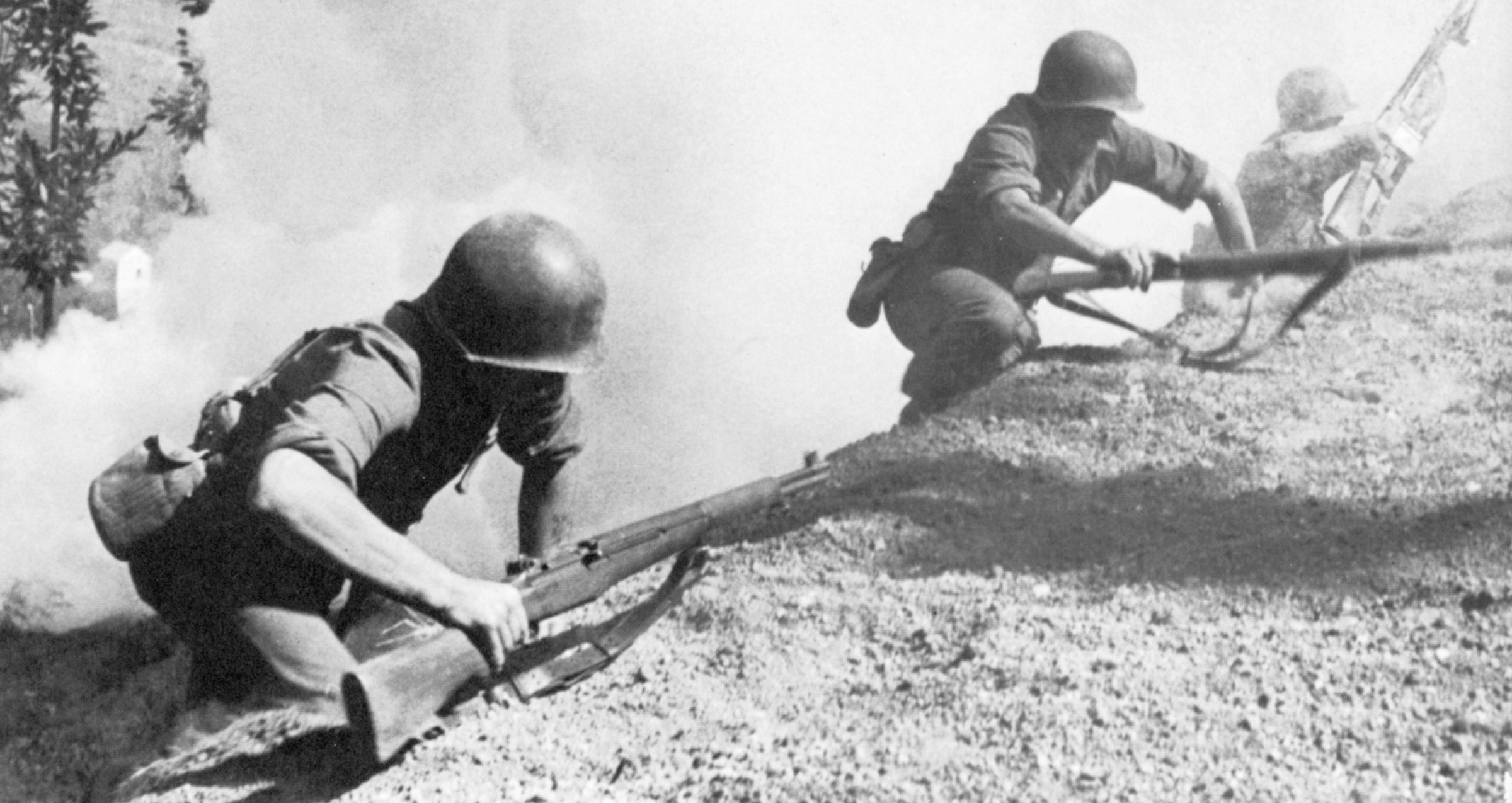
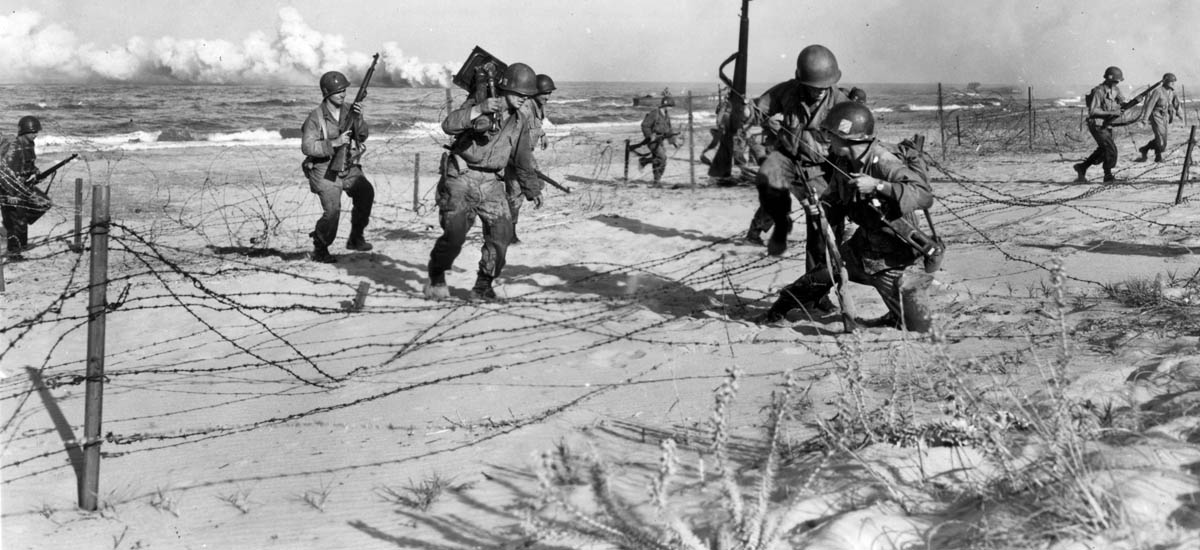
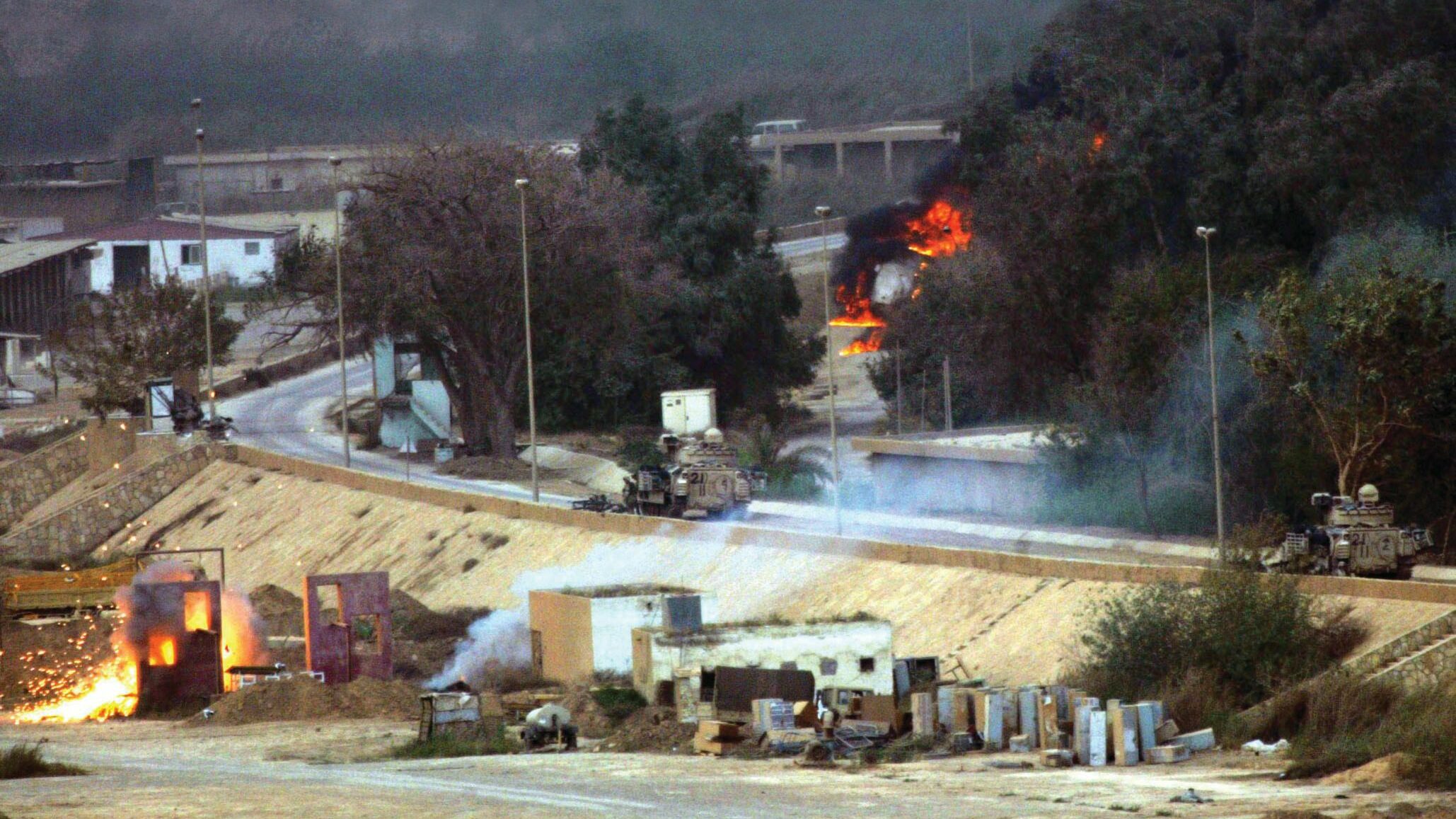
Hi I really like your article. My ancester colonel Antonio Kapella was serving under prince Joseph Poniatowski in early stages of prince’s military career. Word Polish is little like British multinational. Commonwealth of Poland and Great duchy of Lithuania was home for Poles,Lithuanian, Belarus, Ukrainians, Ashkhenazis, Armenians, Tatars, many Germans for hundreds years. It was the probably the most democracy-like structure in whole Europe. Those kind of country with low taxes and relatively lots of freedom was attractive to different nationality people who were ready to fight and die for it. It was dangerous for Russian tzar,no few Poles but our Republic of many nations (Rzeczypospolita). Myself I am quarter Ashkhenazi , bit Bavarian,Bielorus, Italian. I love Poland and my second home Australia. Kind regards. Stefan Wisniewski.